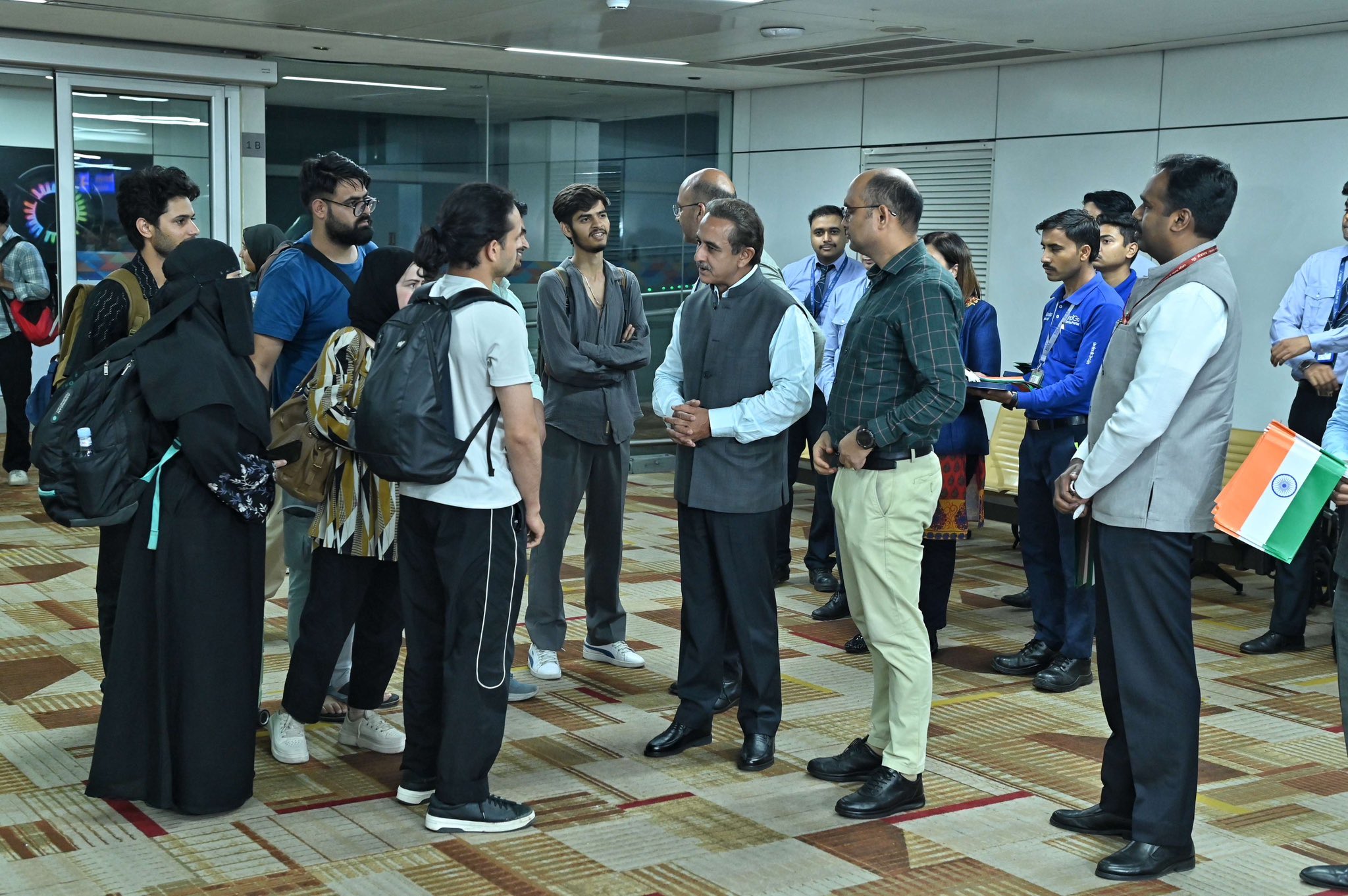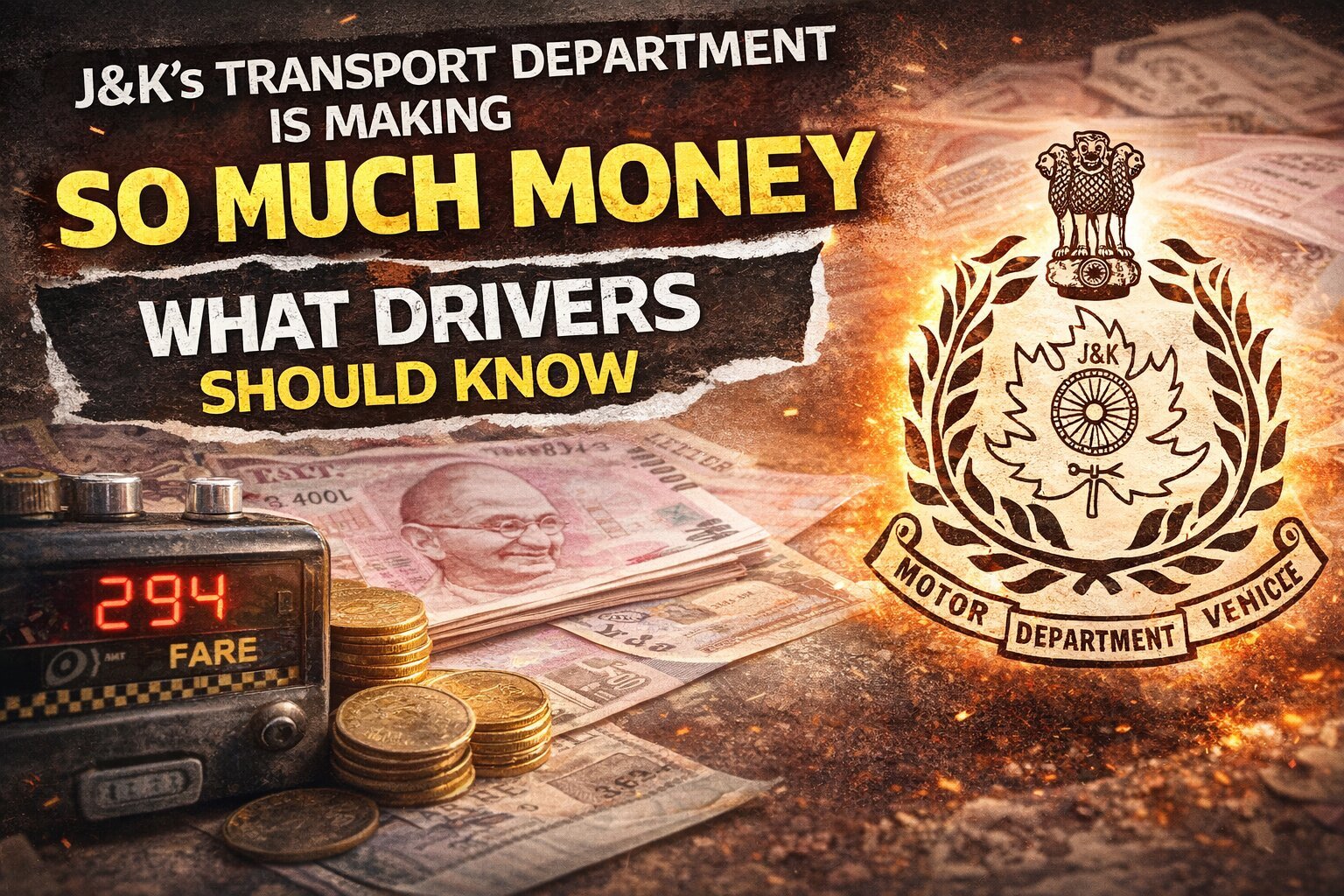As tensions between Iran and Israel continue to rise, social media has erupted with conversations around the evacuation of Kashmiri students stranded in Iran. The Indian Government has launched a multi-phase evacuation operation, relocating Indian nationals—including nearly 90 students from Jammu & Kashmir—from conflict-hit zones to safer locations. However, what began as a coordinated rescue mission has now become a hot topic online, sparking debates, satire, and polarized opinions.
Evacuation from Iran: The Journey So Far
The first group of nine Kashmiri students arrived safely in Kashmir this week after an exhausting journey that included:
- Evacuation from Iran to Armenia by the Indian Government
- A connecting flight from Armenia to New Delhi
- A final leg to Jammu and Kashmir—either via privately booked flights or JKRTC (Jammu & Kashmir State Road Transport Corporation) buses
From the shadows of #Tehran to the calm of #Kashmir. #MEA & #IndianEmbassy Tehran lead from the front. Started #OperationShindu a mission of hope, using of a coordinated route through Armenia & UAE coordinated and brings its people home. #IranVsIsrael #iranisraelwar #RahulGandhi pic.twitter.com/YpOAmFIvPP
— Rabiya Bashir (@reyhanabegum93) June 20, 2025
The Indian Government reportedly rescued over 100 Indian nationals, including around 90 Kashmiri students, most of whom were evacuated to Armenia before flying into India.
What’s Fueling the Online Debate?
The issue caught fire on social media platforms like X (formerly Twitter) when several students and their families began voicing discomfort about having to complete the last leg of their journey—from Delhi to Kashmir—in JKRTC buses, which they found uncomfortable after an already strenuous trip.
Some students endured a 4-day journey from Iran to Delhi via Armenia and Doha, only to be seated in outdated buses for the final leg. This experience triggered mixed reactions across the internet.
Viral Tweets: Mockery, Support, and Criticism
Modi govt. rescued them from #IRAN by sending an @IndiGo6E Flight and #JKRTC buses were arranged for them to go to #Kashmir from #Delhi but they wants govt to arrange air planes for them on Tax payers money.#IRAN mai studies afford kr sakte hai magar 20k ka ticket nhi le sakte. pic.twitter.com/ORWD03DraR
— Rijul (@Rijuljk) June 19, 2025
Social media posts range from sarcasm to serious criticism and political commentary:
- @Kinetic_knaves mocked the situation, tweeting:
“Bhai mujhe toh JKSRTC ki khattara buses mein hi travel karne mein maza aata hai. Free women ticket fare hai, upar se driver ki mast playlist sunne ka saubhagya.”
(Translation: I actually enjoy traveling in JKRTC’s rickety buses—free women’s ticket and the driver’s playlist are a bonus!) - @Rijuljk expressed frustration:
“Modi govt rescued them from #Iran by sending an IndiGo flight, and JKRTC buses were arranged for them to go to #Kashmir. But they want planes on taxpayers’ money. They can afford studies in Iran but not a ₹20k ticket?” - @prawasitv highlighted the government’s effort:
“Operation Sindhu: Indian government rescues Kashmiri students from Iran! Students are thankful to the Modi government, urging Omar Abdullah to provide a flight from Delhi to Srinagar instead of buses!” - @banjarayatri added:
“Kashmiri students evacuated from Iran to Delhi in special planes are angry because they’re now being made to take buses to Kashmir instead of being flown again.”
Operation Sindhu: Indian 🇮🇳 government rescue Kashmiri students from Iran!
— North East West South (@prawasitv) June 19, 2025
Students are thankful to Modi government, urging Omar Abdullah to provide flight from Delhi to Srinagar instead buses!#IndianStudents #Iran #Kashmir pic.twitter.com/wsgyo6wH3E
Meanwhile, the situation remains tense for many students still stuck in Iran. As part of a broader evacuation plan:
- Over 600 Indian students, mostly from Kashmir, are being relocated from Mashhad to Turkmenistan.
- A group moved toward the Turkmenistan border had to be returned to Mashhad due to lack of available flights.
- Hundreds more students remain stranded in cities like Qom.
- The Indian Embassy is in constant touch, working on further evacuations.
Why It Matters
This trending issue taps into a broader set of conversations:
- The expectations of citizens during rescue operations
- The role of central and state governments in disaster response
- The gap between gratitude and entitlement as perceived on social media
- The politicization of humanitarian aid, especially in conflict scenarios
While many have lauded the Indian Government’s efforts under “Operation Sindhu,” others argue that a more comfortable and respectful repatriation should be ensured—especially for students who’ve already faced trauma.
As evacuations continue, the Kashmiri students stranded in Iran remain a trending topic not just because of the crisis, but also due to the viral online discourse surrounding it. Whether it’s frustration over JKRTC buses or gratitude for being rescued, this episode highlights the complex layers of modern-day humanitarian operations—where social media becomes both a mirror and a megaphone.
















